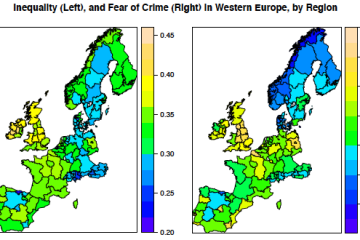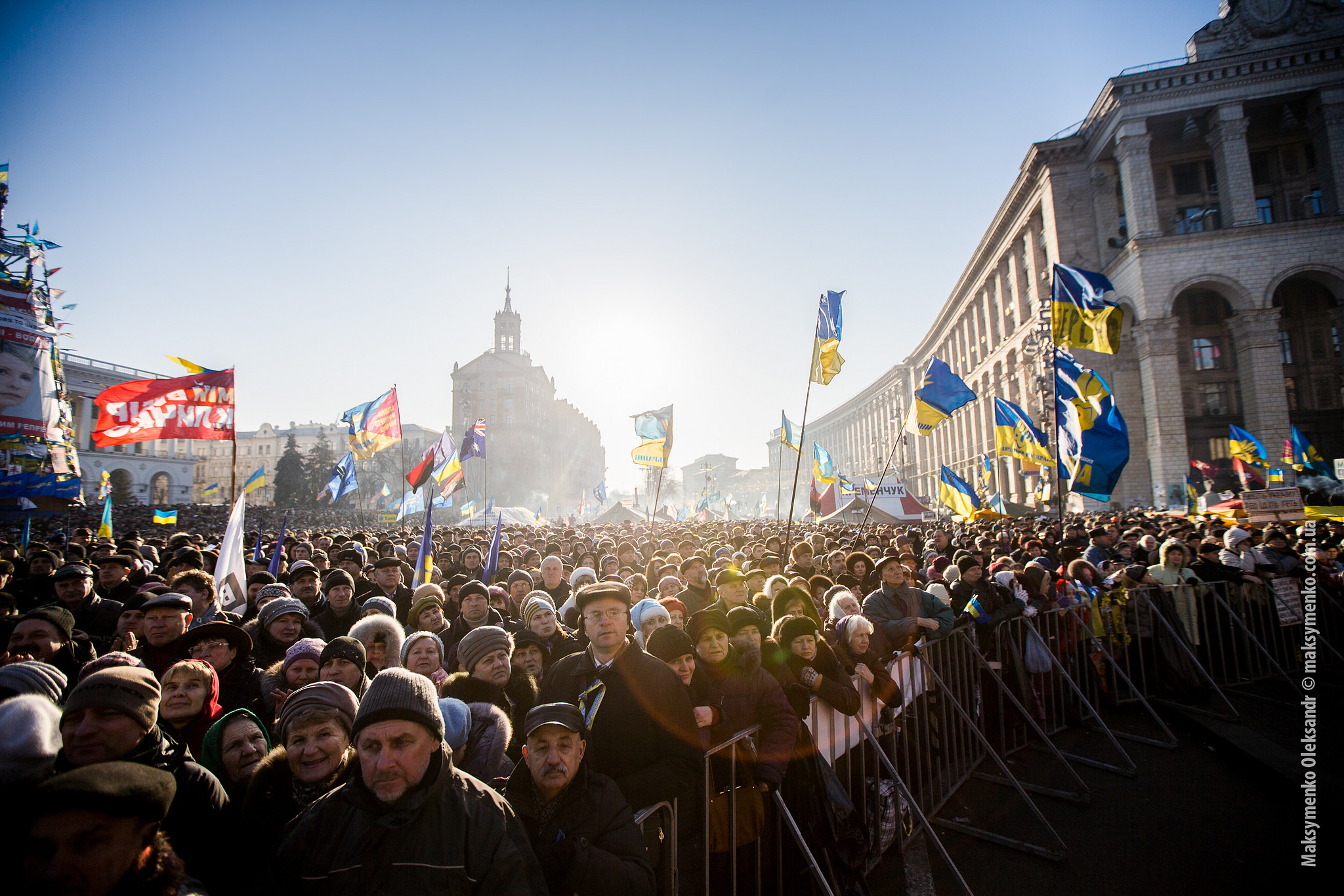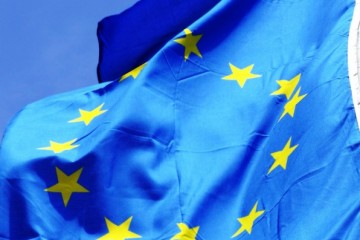
Brexit Buyers’ Remorse? Non, on ne bregrette rien
The vote to leave the EU was an outcome which surprised most commentators, bookies, and even those who voted for the winning side. In the aftermath of the result, John Gray, a popular political theorist, wrote that ‘voters inflicted the biggest shock on the establishment since Churchill was ousted in 1945’. It is hard to think that he is wrong. The only social classes which predominately voted Remain were ABs (affluent and middle-class voters), whereas C1 C2 DE (lower middle-class and working-class) voters all delivered majorities for Leave. As I predicted on this blog in January and contrary to many commentators’ expectations, the referendum engaged more voters than recent general elections. It generated the highest turnout in a UK election …

To be alive is to have hope
I traveled to the Calais migrant and refugee camp from March 14 to 16, together with a humanitarian student group from Brasenose College that collected donations and supplies to aid local NGOs with clothing and basic medical supplies. This article is based on my impressions of the camp and interviews with the migrants, refugees and NGO workers.

Greece has become the EU’s third protectorate
The EU looks, walks and talks like an empire. After extending its borders into Central and Eastern Europe, the EU has just created its third protectorate in the Balkans. From now on Greece will effectively be run by the EU the way Kosovo and Bosnia-Herzegovina already are. Empire is not a synonym of evil despite some bad historical connotations, especially from the colonial era. Power can be exercised in noble ways, and peripheries often prefer to be “conquered” than abandoned. However, the EU’s ambition to run dysfunctional countries by decree is doomed to fail and will represent yet another blow to the project of European integration. Formal involvement of the UN or the IMF in running the protectorates will not …

The externalities of inequality: fear of crime and preferences for redistribution in Western Europe
The forthcoming article in the American Journal of Political Science “The Externalities of Inequality: Fear of Crime and Preferences for Redistribution in Western Europe” by David Rueda and Daniel Stegmueller is summarized by the authors here: Many politicians would agree that an individual’s relative income (i.e., whether she is rich or poor) affects her political behavior. Income differentials and the increase in inequality experienced in the recent past have become an important part of electoral politics in most industrialized democracies. If income matters to individual political behavior, it seems reasonable to assume that it does so through its influence on individual preferences for redistribution. The relationship between income inequality and redistribution preferences, however, is a hotly contested topic in the comparative political economy literature …

The fatalistic predicament of Ukraine
Bloody clashes in front of the Ukrainian Parliament have reminded us about the EU’s tormented neighbour. Ultra-nationalists were not successful in the last parliamentary elections, but the tragic situation in Donbas has allowed them thrive. At stake this time were planned changes to the Ukrainian Constitution that envisaged a territorial decentralization as stipulated by the Minsk Agreement. For Ukrainian radicals these changes “imposed” from outside amount to a partition of their country. Is Ukraine unravelling? I do not think so, but much depends on Europe. European leaders said many times that the future of Europe and Ukraine are entangled. The last thing they want is to have a huge failed state on their eastern border. This is why President Poroshenko …

Exit, voice, and loyalty in Europe
Complex situations often require us to take a step back for what consultants call the 10,000 feet view. The problems facing the EU these days—from Grexit to Brexit—surely seem impenetrable. A convoluted potpourri of economic, financial, and political crises leaves most observers either completely disengaged or increasingly reliant on their gut feelings. To wrap one’s head around the forces that threaten the European project, it helps to think in very simple categories: exit, voice, and loyalty. Few theories still prompt real-life insights almost half a century after their publication. Albert O. Hirschman’s “Exit, Voice, and Loyalty” surely falls into this category. Put simply, Hirschman postulated that members who are unsatisfied with an organisation they are part of, can either exit …

Iceland’s unfinished revolution? An interview with Hordur Torfason
In this Q&A, I discuss the prospects for ‘unfreezing’ the draft new constitution with Hordur Torfason, the award-winning human rights activist credited with starting Iceland’s ‘pots and pans revolution’. You’re credited as the person who started the “pots and pans revolution” in Iceland. How did the protests start? I’m 70 years old this year. I started becoming an activist around 20 years old. Not that I wanted to become an activist, not at all. But I’m gay and it tells you a story that I’m the first gay man in the history of Iceland who steps forward. When I was 30 years old I was very famous. Everybody knew my song. I was on television, radio, doing concerts, LPs. I was …

Rebuilding democracy in Iceland: an interview with Birgitta Jonsdottir
In the first of a series of interviews by Phil England examining the situation in Iceland and the possible relevance of developments there to the UK, Phil talks to Pirate Party MP Birgitta Jonsdottir. Birgitta Jonsdottir is a co-founder of the Icelandic Pirate Party and one of three Pirate Party MPs in the Icelandic government. Since March the Pirates have been polling as the most popular party in Iceland. Their core policies focus on direct democracy, civil rights and access to information. A former Wikileaks volunteer, Jonsdottir describes herself as an anarchist and a poetician. She is also founder and Chair of the International Modern Media Inititative (IMMI) which aims to strengthen democracy through transparency of information. Could the right to information clauses …









